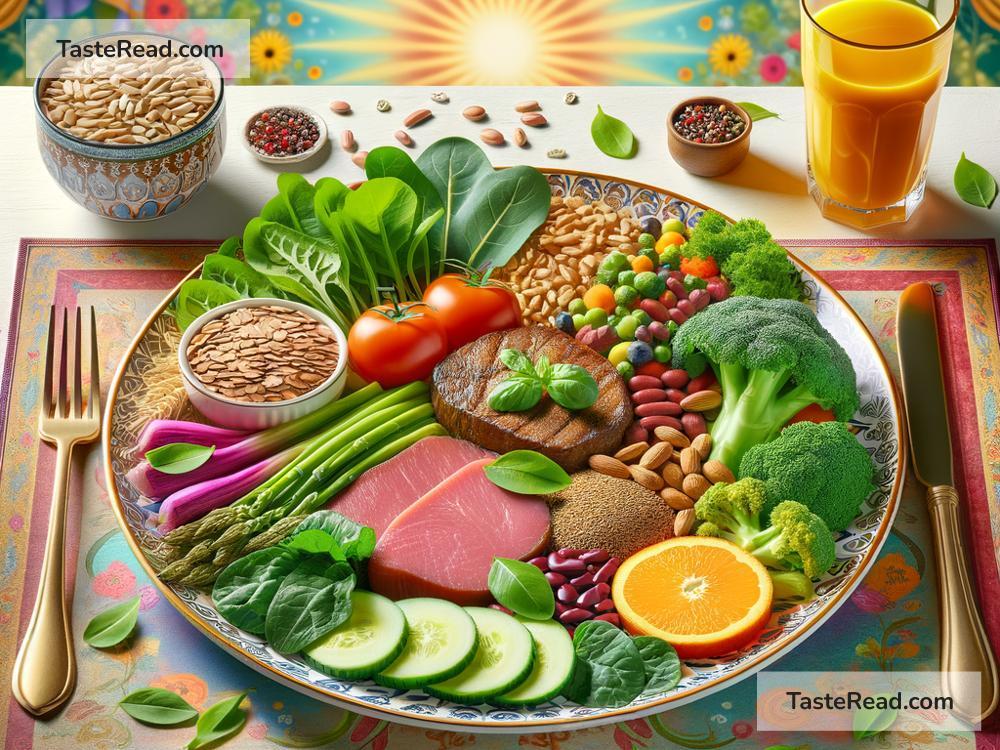The Role of Vitamin B113 in Metabolic Health: What You Need to Know
When we talk about vitamins, we often hear about Vitamin C, D, or even the B-family of vitamins like B12 and B6. But what about Vitamin B113? Chances are, you’ve probably never heard of it—and that’s because Vitamin B113 doesn’t actually exist in the scientific world. Yes, you heard that right! Let’s talk about why this imaginary vitamin doesn’t exist and use this opportunity to learn more about how real B vitamins support metabolic health.
Clearing Up Confusion
Before diving into the topic of metabolic health, let’s clear up the confusion about Vitamin B113. The “B vitamins” are a group of eight essential nutrients that play key roles in keeping your body functioning properly. The actual B vitamins include:
- B1 (Thiamine)
- B2 (Riboflavin)
- B3 (Niacin)
- B5 (Pantothenic Acid)
- B6 (Pyridoxine)
- B7 (Biotin)
- B9 (Folate or Folic Acid)
- B12 (Cobalamin)
These nutrients are essential for energy production, red blood cell formation, brain function, and much more. Unlike B12, which is well-known, “B113” doesn’t exist—it’s not scientifically recognized or a part of the B-vitamin family.
Now that we’ve sorted that out, let’s focus on how actual B vitamins contribute to metabolic health and why they are so important for your overall well-being.
What Is Metabolic Health?
Metabolic health refers to how well your body manages energy and processes nutrients like carbs, fats, and proteins. Think of metabolism as your body’s engine: it breaks down the food you eat and converts it into energy to keep you moving, thinking, and living. Poor metabolic health can lead to problems like weight gain, insulin resistance, diabetes, and even heart disease.
The good news? When you give your body the nutrients it needs—like B vitamins—it can do a better job of maintaining metabolic health.
The Real B Vitamins and Their Role in Metabolism
Each B vitamin contributes to metabolic health in its own special way. Here’s a simple breakdown:
B1 (Thiamine): The Energy Spark
Thiamine helps convert carbohydrates into energy. It’s like the ignition in your car engine—it gets everything started. Without enough B1, your body might feel tired and sluggish because it’s struggling to produce energy.
B2 (Riboflavin): The Power Converter
Riboflavin helps your body process fats, proteins, and carbs into usable energy. It also plays a role in breaking down harmful molecules that can cause tissue damage. Think of it as a multitasker for your metabolic health.
B3 (Niacin): The Circulation Booster
Niacin is crucial for energy production and also supports healthy cholesterol levels and blood circulation. It helps your cells access the fuel they need for energy while protecting your heart and blood vessels.
B5 (Pantothenic Acid): The Stress Reliever
Pantothenic acid aids in producing hormones that help manage stress. It also supports fat metabolism, which is essential for maintaining a healthy weight and energy balance.
B6 (Pyridoxine): The Protein Processor
Pyridoxine helps your body break down proteins and produce neurotransmitters—chemicals that help your brain communicate with the rest of your body. It’s also involved in regulating mood and immune function.
B7 (Biotin): The Beauty Vitamin
Biotin is well-known for promoting healthy hair, skin, and nails, but it’s also vital for converting food into energy. It acts as a coenzyme that supports the metabolism of fatty acids, glucose, and amino acids.
B9 (Folate): The Growth Helper
Folate supports DNA production, cell growth, and repair, which are all critical for overall health. Folate also helps process carbohydrates into glucose, giving your body the fuel it needs to function.
B12 (Cobalamin): The Nerve Protector
B12 is essential for red blood cell production and keeping your nervous system healthy. It helps your body use fats and proteins efficiently, which boosts energy levels and keeps your metabolism running smoothly.
How to Get Enough B Vitamins
The best way to get enough B vitamins is by eating a balanced diet. They are found in many common foods such as:
- Whole grains (like brown rice and oats)
- Leafy greens (like spinach and kale)
- Meat and fish (like chicken, beef, salmon, and tuna)
- Dairy products (like milk and yogurt)
- Eggs
- Nuts and seeds
If you’re vegetarian or vegan, you may need to pay special attention to your Vitamin B12 intake, as it’s mostly found in animal-based foods. In that case, fortified cereals or plant-based milks are good options, or you can talk to your doctor about taking a B12 supplement.
Final Thoughts
So, what’s the takeaway? While Vitamin B113 doesn’t actually exist, the real B vitamins play an important role in maintaining your metabolic health. Each vitamin has its own unique function, whether it’s helping your body produce energy, supporting brain function, or protecting your heart.
By eating nutrient-rich foods and paying attention to your overall diet, you can give your body the tools it needs to stay healthy and energized. And if you ever hear someone mention Vitamin B113, you’ll know it’s just an imaginary vitamin—but it’s a good reminder to learn more about the real ones!


